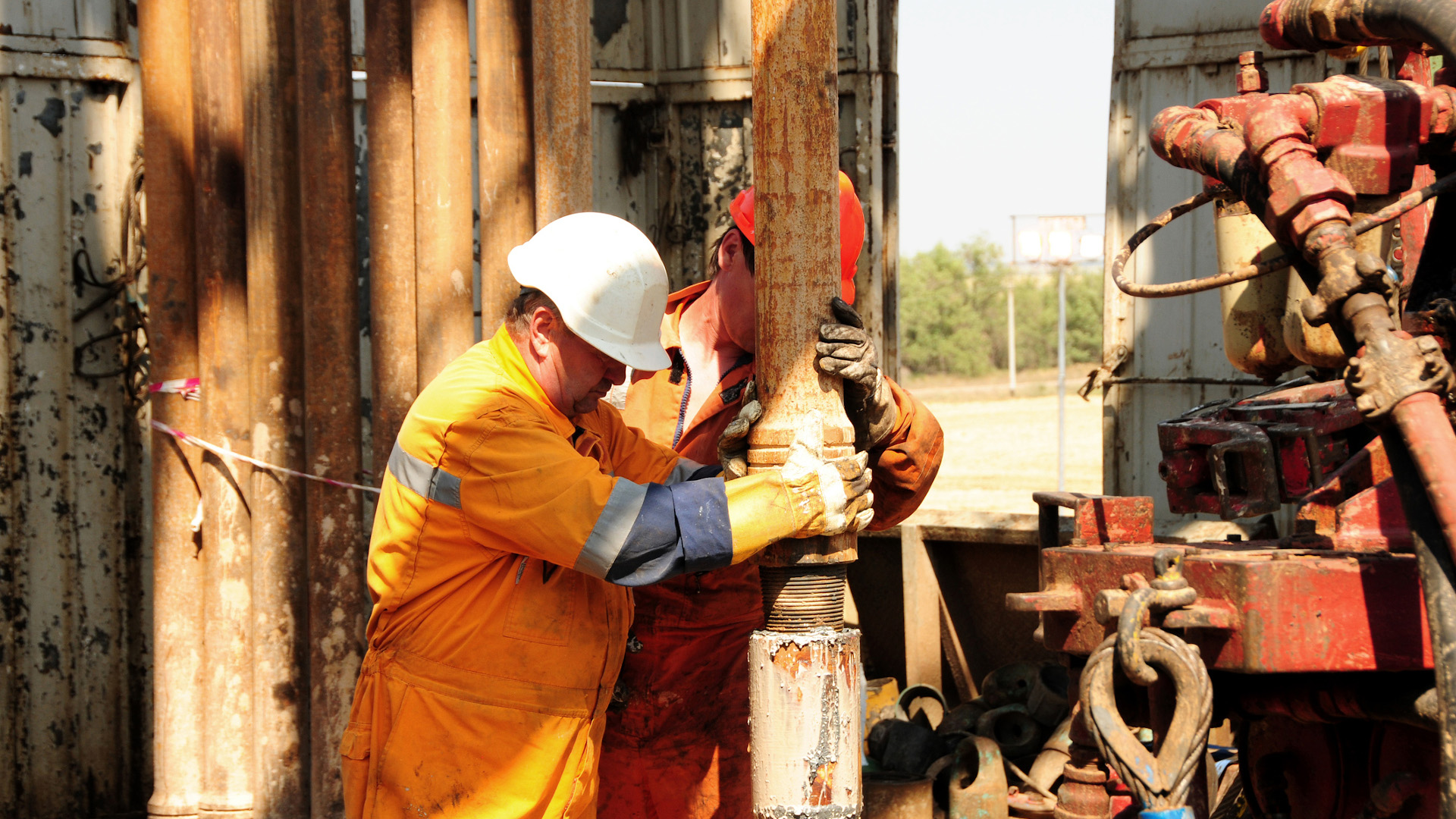For the past three years, the Administration has made policy decisions that have discouraged investment in American energy development while increasing the cost of producing and delivering the energy we all need. This can be seen through enacting a moratorium on oil and gas development on federal lands, canceling or limiting future federal lease sales, blocking pipelines, and restricting needed infrastructure development – much without public input.
Some elected leaders have even jeered that these moves will slowly kill off “Big Oil” and took every opportunity to blame the companies for high gasoline prices, caused in part by global markets but aggravated by their policies restricting domestic energy.
Yet, the latest out from Reuters said that the United States plans to “buy 1.2 million barrels of oil to help replenish the Strategic Petroleum Reserve after it sold off the largest amount ever last year, according to the Department of Energy” – 180 million barrels, to be exact. So, this is less than 1% of what got sold off for political reasons, which left the SPR at its lowest level in 40 years.
While Consumer Energy Alliance approves filling up our rainy-day oil supply, we also know that Big Oil isn’t a reality. It’s a buzzword, just like Big Tech, Big Ag, and Big Pharma. More often than not, it’s a term thrown around for emotional impact and clearly borrowed from the “Big Tobacco” blueprint many activists and their PR companies use because it helps their cause to demonize an industry. And heck, recycling an idea is better than finding solutions – it’s cheaper, too.
But let’s let the facts speak instead of opinions. There certainly are some enormous oil companies in the energy sector known as “Supermajors.” People most often think of Shell, ExxonMobil, BP, and Chevron just based on their sheer market size, which makes them some of the largest publicly traded companies in the world.
You’d think that makes them responsible for most of the oil production in the U.S., right?
Wrong.
First, the six Supermajors (ExxonMobil, Shell, BP, Total, Chevron, and ConocoPhillips) control only about 6% of the world’s oil reserves. National oil companies like Saudi Arabia and others in OPEC+ control 88% of them, so big is relative and factually incorrect. That alone makes policies restricting the efforts of investor-owned Supermajors harmful from a national energy security perspective and ineffectual folly from the standpoint of trying to stop oil and gas production.
The reality, outside of the six supermajors, oil production in the U.S. is dominated by more than 6,000 independent oil companies. These companies drill close to 91% of the country’s oil and natural gas wells and produce 83% of our oil and about 90% of our natural gas.
More importantly, they support 2.9 percent of jobs and pay out over $345.6 billion in wages – which doesn’t include the money they spend in the communities they live and work in across the nation.
So are they “Big Oil?” No.
These independent companies employ 12 people on average, and unlike Supermajors, these companies make all of their revenue through production alone. So, while Supermajors earn other revenue streams by adding pipeline activity and refining capacity to their production, independents rely solely on the money from the wells they drill.
So when politicians use buzzwords like “bailing out big oil,” it’s not accurate. The largest companies in any industry usually have the money to make it through an economic crisis with a few bumps and bruises.
The independents who comprise roughly 99.995% of all oil and gas companies in the U.S., many of whom we all have likely never heard of, will suffer immensely or not make it at all.
So when the government opens up the SPR, they’re opening an opportunity for these small businesses to have a chance at survival. The survival of jobs, wages, and 2.8 percent of our country’s GDP.
Put it this way, “big oil” is like Starbucks, and independents are like local coffee shops. One still employs thousands of people who need jobs to pay for housing and put food on the table. The other represents the blood sweat and tears of entrepreneurs who staked it all to be their own bosses, hire locals in the community, and create a thriving local economy. The loss to either would be devastating, whether you’re comparing coffee or oil and gas.
Ultimately, there are people at the end of the line who want the simple dignity of being able to go to work. Opening up the SPR is a shot to maintain that dignity.

